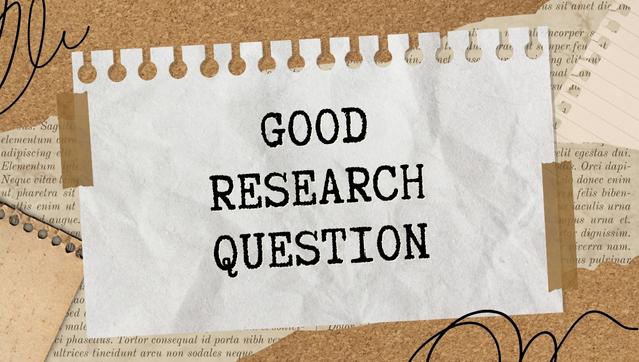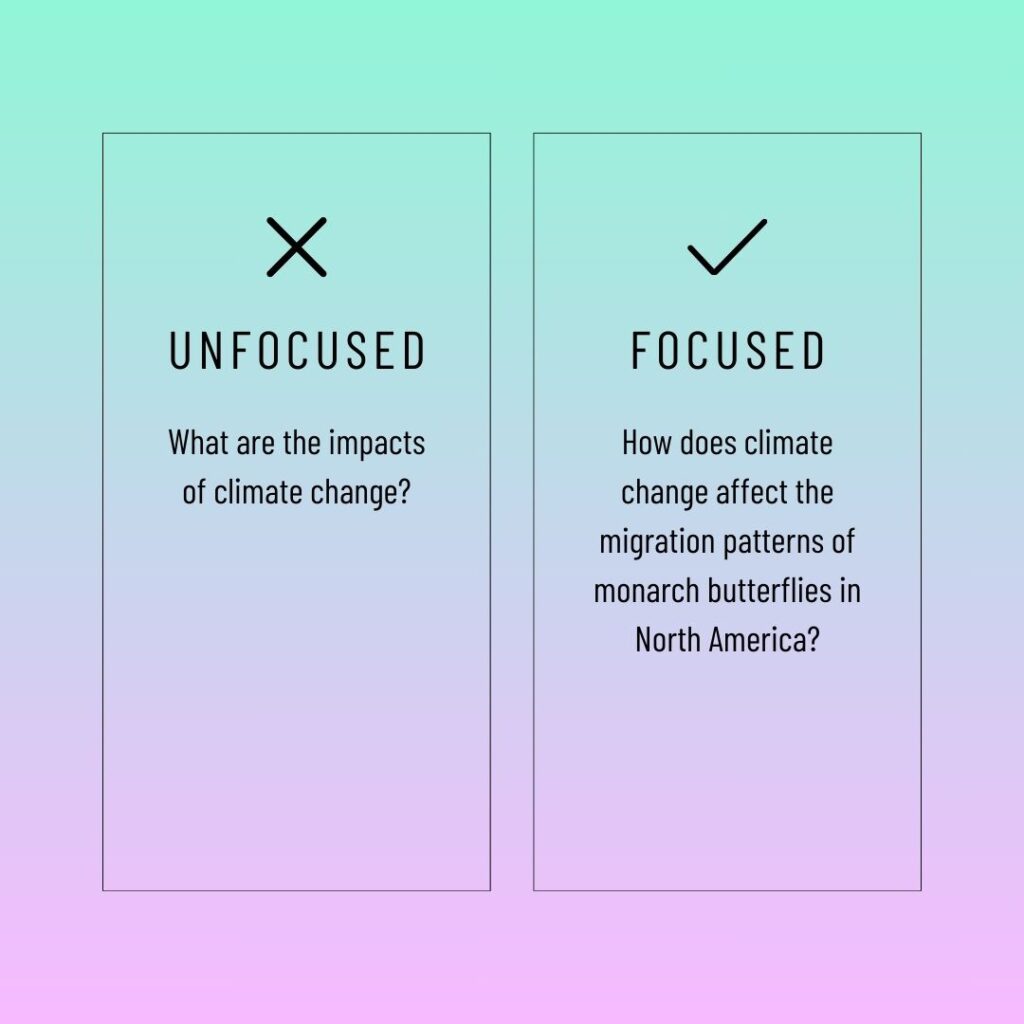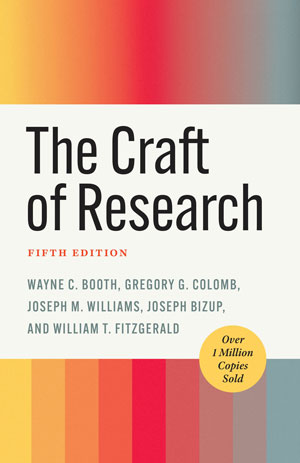
Research questions are the backbone of any research project. They help us figure out what we’re trying to find out and keep us on track as we gather information. Without clear questions, it’s easy to get lost in the details or wander off-topic.
So, what makes a good research question? It should be clear, focused, and something we can actually answer. A well-crafted question helps us understand the topic better and guides our research in the right direction.
In this blog post, I want to help you learn how to create effective research questions. Whether you’re working on a school project or diving into a bigger study, having solid questions will set you up for success.
II. Clarity
Clarity in research questions means that they are easy to understand and free from confusion. A clear question helps both the researcher and the reader know exactly what is being asked.
Using clear language and precise terms is crucial. When research questions are vague or complicated, it can lead to misunderstandings and make it harder to find the right answers. Clear questions help focus your research and make it easier to communicate your ideas to others.
Examples of Clear vs. Unclear Research Questions:
- Unclear: “What are the effects of social media?”
- Clear: “How does daily use of Instagram affect the self-esteem of high school students?”
In the unclear question, it’s hard to tell what specific effects are being considered. The clear question, however, specifies the platform (Instagram), the context (daily use), and the group being studied (high school students), making it much easier to address.
III. Focus
Having a focused research question is essential because it helps narrow down what you’re studying. A focused question allows you to dive deeper into a specific area, making your research more manageable and meaningful. When your question is too broad, it can be overwhelming and lead to scattered results.
The scope of a research question refers to how wide or narrow the topic is. A question with a broad scope can cover too much ground, making it difficult to answer thoroughly. On the other hand, a question with a narrow scope is more specific and allows for detailed exploration. It’s important to strike the right balance.
Examples of Focused vs. Broad Research Questions:

- Broad: “What are the impacts of climate change?”
- Focused: “How does climate change affect the migration patterns of monarch butterflies in North America?”
The broad question is too general, leaving room for many different interpretations and areas of study. The focused question, however, specifies a particular aspect of climate change (migration patterns) and a specific species (monarch butterflies), making it easier to research and analyze.
IV. Researchability
Researchability refers to whether a research question can be answered through investigation and evidence collection. It’s important because, if a question isn’t researchable, you won’t be able to find the information you need to answer it, which can lead to frustration and wasted time.
A good research question should be answerable through empirical investigation, meaning you can gather data or evidence to support your findings. This often involves methods like surveys, experiments, or observations. If a question can’t be answered using these methods, it may not be suitable for research.
Examples of Researchable vs. Non-Researchable Questions:
- Non-Researchable: “Is there a perfect way to live?”
- Researchable: “What are the most common lifestyle habits of people who report high levels of happiness?”
The non-researchable question is too subjective and philosophical, making it impossible to measure or investigate thoroughly. In contrast, the researchable question allows for Data Collection on specific habits and their correlation with happiness, making it feasible to study.
V. Originality

Originality in research questions is important because it drives innovation and helps expand our understanding of a topic. When you ask a question that hasn’t been explored before, you contribute something new to the field, which can inspire further research and discussions.
By formulating original questions, researchers can offer new insights and perspectives. This contribution not only enhances existing knowledge but also encourages others to think critically and explore uncharted territories in their studies. Original questions can challenge established ideas and lead to significant discoveries.
Examples of Original Research Questions and Their Impacts:
- Original Question: “How does the use of virtual reality in classrooms affect students’ engagement and learning outcomes in STEM subjects?”
- Impact: This question explores a modern teaching method and its implications for education, potentially leading to new teaching strategies that enhance student learning.
- Original Question: “What role does social media play in shaping political opinions among young voters during election campaigns?”
- Impact: This question investigates a contemporary issue, providing insights into the influence of social media on democracy and voter behavior, which can inform future political campaigns and studies.
By focusing on originality, researchers can pave the way for new conversations and discoveries that enrich their fields.
VI. Relevance
Relevance in research questions is crucial because it ensures that the study addresses important issues within a field or society. When research is relevant, it can have a real impact on understanding, policy, or practice, making it valuable to scholars, practitioners, and the general public.
Aligning research questions with current trends and interests helps ensure that your work resonates with contemporary audiences. By focusing on timely topics, you increase the chances that your research will be noticed and utilized, contributing to discussions that matter today.
Examples of Relevant vs. Irrelevant Research Questions:
- Irrelevant: “What were the eating habits of people in the 1800s?”
- This question may not be relevant today unless it connects to a specific contemporary issue, such as historical dietary changes.
- Relevant: “How do food marketing strategies impact the eating habits of children in today’s society?”
- This question addresses a pressing societal concern regarding childhood obesity and nutrition, making it highly relevant to current public health discussions.
By ensuring that your research questions are relevant, you can contribute to meaningful conversations and findings that resonate with current issues and challenges.
VII. Feasibility
Feasibility refers to how practical and achievable a research question is, given the resources, time, and data available. A feasible question can be realistically addressed within the constraints of a research project.
Considering feasibility is crucial because it helps you assess whether you have the necessary tools and support to conduct your research. Questions that require extensive resources or data that you cannot access may lead to frustration and incomplete studies. Being realistic about what you can achieve ensures that you can complete your research successfully.
Examples of Feasible vs. Infeasible Research Questions:
- Infeasible: “What are the impacts of climate change on every species on Earth?”
- This question is too broad and would require immense resources and time to investigate, making it impractical for most researchers.
- Feasible: “What are the effects of climate change on the breeding patterns of a specific bird species in a local habitat?”
- This question is focused and manageable, allowing for targeted research that can be completed with the available resources and time.
By ensuring that your research questions are feasible, you can create a solid foundation for your study and increase the likelihood of achieving meaningful results.
VIII. Conclusion
In summary, a good research question should be clear, focused, original, relevant, and feasible. These characteristics help guide your research effectively and ensure that your work contributes meaningfully to your field or society.
I encourage you to take the time to refine your research questions. Spend some time thinking about how you can improve clarity, focus, and relevance in your questions. This will set you up for success in your research journey.
I invite you to share your research questions in the comments! Whether you’re looking for feedback or need help refining your questions, I’m here to help. Let’s work together to make your research as impactful as possible!
IX. Additional Resources
Here are some helpful links to books, articles, and guides that can assist you in formulating effective research questions:

- Books:
- The Craft of Research by Wayne C. Booth, Gregory G. Colomb, and Joseph M. Williams
- Research Design: Qualitative, Quantitative, and Mixed Methods Approaches by John W. Creswell
- Articles:
- “How to Write a Research Question” by the University of Southern California Library
- “Developing a Research Question” from the University of Virginia Library
- Online Guides:
- Purdue Online Writing Lab (OWL) on Research Questions
- Research Question Development Guide by the University of North Carolina at Chapel Hill